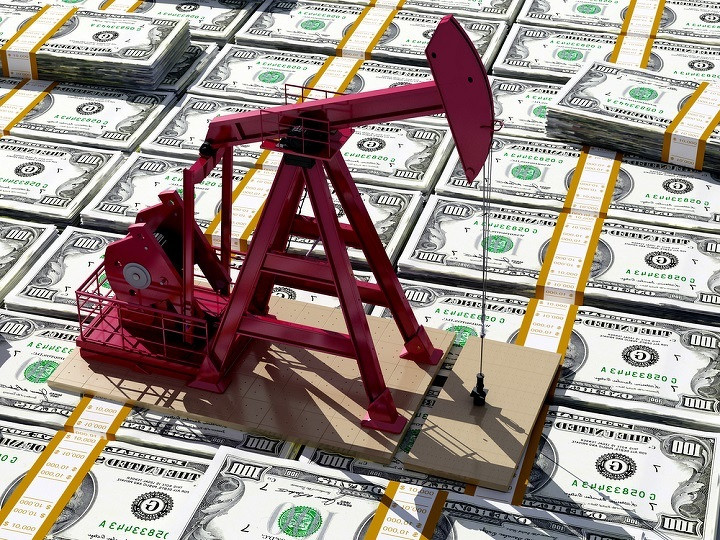
In Asian markets, dynamics are mixed, as the US politicians will hardly come to an agreement on the stimulus package before the presidential election. The news that Johnson&Johnson suspended trials of a COVID-19 vaccine due to a disease of unknown etiology caught by one of the study participants has a negative effect on the market.
Treasury bonds and the US dollar added in value. At the same time, WTI crude for November delivery rose by 0.86% to trade at $39.78 a barrel. December's Brent futures grew by 0.9% to settle at $42.10 a barrel after falling by 2.6% the day before.
The pandemic brought an extremely negative impact on the oil market. Its consequences will be visible for many years. The market has plunged by 8% this year. The pre-crisis level will not be reached until 2023, even if COVID-19 is under control. Even despite the optimistic forecast, oil prices will stabilize only in 2030.
In addition, oil production in the largest oil and gas producing regions of the United States will be reduced by 121 thousand barrels per day (this is 1.5%) to 7.692 million barrels per day, as the Energy Information Administration noted.
At the same time, the largest decline in production is expected at the Eagle Ford field. The production will be cut by 34 thousand to 1.014 million barrels per day, at Niobrara - by 28 thousand to 578 thousand barrels per day, at Bakken - by 22 thousand to 1.163 million barrels per day.
However, the US has a card up its sleeve. The country has a large reserve of drilled but uncompleted wells. This will allow American producers to increase production quickly in the case of rising oil prices, regardless of the pace of drilling activity.
However, China is improving its country's economy. China's exports increased for the fourth month, according to data from the customs office. In September, exports added 9.9%, while imports rose by 13.2%. As a result, the country fixed a trade surplus of $37 billion.
The US dollar fell against the yen, the British pound, and the Swiss franc, but it rose in value against the euro, the Danish and Norwegian krone, the New Zealand dollar, and the Australian dollar. The Bank of England is not ready to introduce negative interest rates, which could support the British currency.
The Australian dollar has been a G10 outsider for the second day in a row as China threatens to suspend purchases of Australian coal. The Australian government demands official comments from Beijing on this matter, but has not received it yet. It looks like trade tensions continue to gain momentum.
The coronavirus brought a mess in the market. In total, more than 37.7 million people were infected in the world. More than 1.08 million died. The shocking fact was that people can be infected with the coronavirus the second time, and the disease could pass in a more severe form and may be fatal. This happened with a 25-year-old man from the US Nevada state. Many countries are tightening restrictive measures.




















